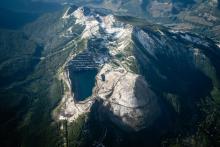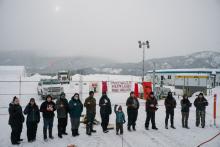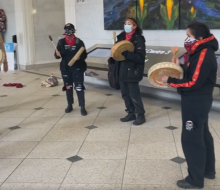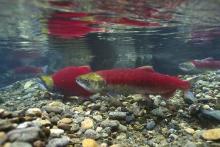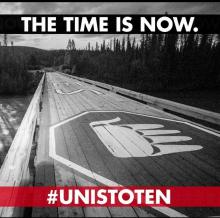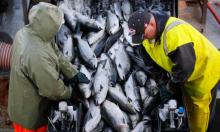(A recap of DFO’s annual State of the Salmon assessment)
Many factors contribute to the decline of wild salmon in B.C. Habitat destruction, harvest, and bad aquaculture practices are all negative impacts, but the effect global warming has on salmon populations will be widespread, long-lasting and irreversible without urgent action.
